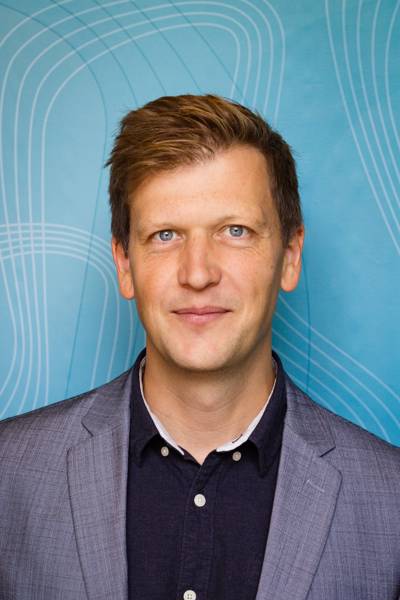This special section focuses on knowledge production on peace by asking three inter-related questions: who produces knowledge on peace, what knowledge is prioritized and how does it feed into policy and practice. The articles of the section provide a critical perspective on the actors, dynamics and hierarchies in peace studies and offer insights into how current biases may be addressed. The special section contributes to peace research and broader International Relations in three ways. First, it speaks to the core of debates about the original purpose of the disciplines and their proximity to policy debates. Second, it is embedded in current debates about gendering and decolonializing the disciplines and the need to ensure more diversity. Third, it is part of an emerging research agenda on what types of knowledge influence which types of actors and institutions. Overall, the special section shows that especially in times of tectonic changes in world politics that lead to a revisiting of our thinking about peace and conflict, it is crucial to understand what knowledge is privileged, whose knowledge this is and how the knowledge relates to the practices it seeks to inform. Only then can built-in biases, hierarchies and practical disconnects be overcome.
Lidén, Kristoffer (2023) Knowledge production on peace: actors, hierarchies and policy relevance. Introduction to special section, International Affairs 99 (5): 1839–1846.








